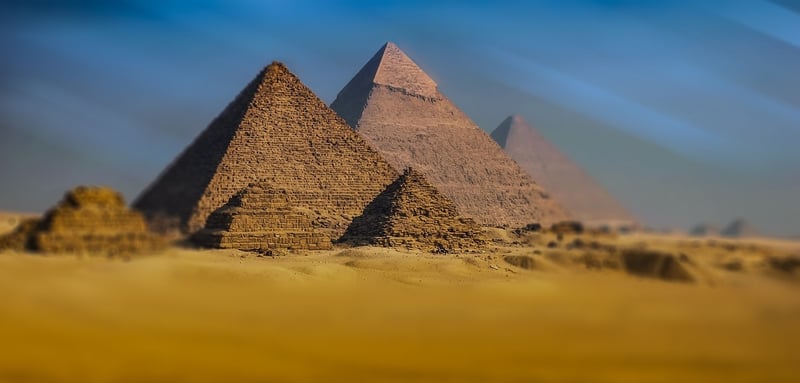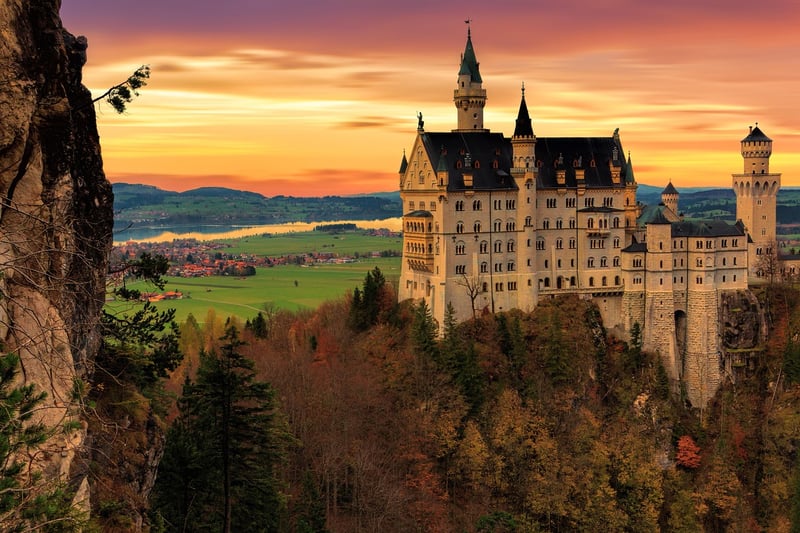Future Exploration
Exploring Different Eras and Future Exploration
Introduction
Embarking on a journey through time allows us to unravel the mysteries of the past and speculate about the possibilities that lie ahead. Let's delve into various historical eras and contemplate the exciting future of exploration.
Ancient Era
The ancient era, characterized by civilizations like the Egyptians, Greeks, and Romans, offers a glimpse into the foundations of our modern society. From the architectural marvels of the pyramids to the philosophical wisdom of Plato, this era is a treasure trove of knowledge and innovation.

Medieval Era
The medieval era, with its castles, knights, and feudal systems, conjures images of chivalry and intrigue. Exploring this period reveals the complexities of power dynamics and the birth of artistic movements like Gothic architecture and illuminated manuscripts.

Industrial Era
The industrial era revolutionized the world with inventions like steam engines, telegraphs, and factories. It marked a shift towards urbanization and mass production, shaping the modern landscape and setting the stage for technological advancements.

Future Exploration
Looking ahead, the future of exploration holds promise for exciting endeavors beyond Earth. With advancements in space technology, humans are venturing towards Mars and beyond, aiming to unlock the mysteries of the universe and potentially establish colonies on other planets.

Conclusion
Exploring different eras provides us with a rich tapestry of human history, while future exploration opens doors to unimaginable possibilities. By studying the past and embracing the challenges of the future, we continue to push the boundaries of knowledge and embark on incredible adventures.
Are you ready to embark on a journey through time and space?
